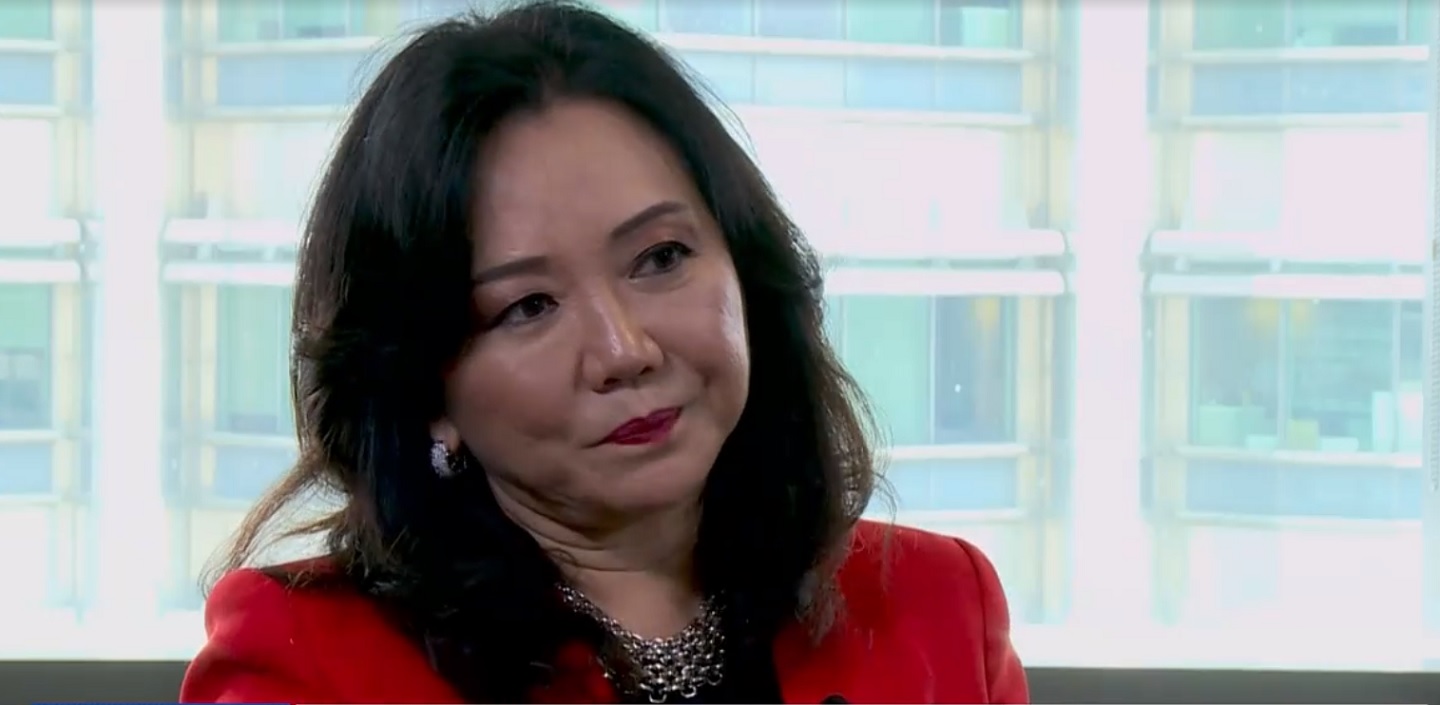
CEO of CIMB Investment Bank Kong Sooi Lin speaking to Bloomberg (Video: Bloomberg)
Gender diversity in the investment banking world is not confined to the top executives – the industry, even at entry level, is overwhelmingly male. Which is why Bloomberg’s headline on Aug 13, “Malaysia Leads Way in Investment Banking Gender Diversity” caught many by surprise.
The first paragraph reads: “Malaysia, a predominantly Muslim country better known for its recent political turbulence than its gender diversity, now has female bosses at three of its 11 homegrown investment banks… No other country tracked by Coalition, a financial industry research provider, has such a high proportion of female investment bank chiefs."
To further reinforce its point, Bloomberg sat down with three of the nation’s top female investment bankers. They are CEO of CIMB Investment Bank Kong Sooi Lin; group managing director of Affin Hwang Capital Maimoonah Hussain; and group managing director and CEO of Hong Leong Investment Bank, Lee Jim Leng.
Few women have breached the upper level of finance, and even fewer made it to the oft-ruthless executive suite. But Kong, Maimoonah and Lee all agreed on one point that the current working environment in Malaysia has helped bolster the number of women in not just the workforce, but also the country’s public university.
“We all grow up in cultures where women have some kind of expectation to play a dual role. And that can be an advantage. We have an innate ability to multi-task… What we have as an added benefit in Malaysia is easy family support. I wouldn’t have survived without family support and a maid in tow. You know your kids have someone to be there for them. In the west, the availability of domestic help may be a little less,” Maimoonah explains.
Lee thinks that women should advocate more forcefully for themselves, “Women can be their own glass ceiling. I do a lot of encouragement. I went through some of the struggles myself. I wasn’t sure whether I was cut out for investment banking. You have to take that big leap of faith and you realised that you can do it. Women have to overcome themselves.”
It’s true that we’re raised to think women could do anything, to be educated as equals with our male peers. But what happens when meritocracy is met with a working environment that is still hostile to women? Sexism may have been gradually stamped out but unconscious biases and gender-role expectations that put women at a disadvantage still set the tone of the workplace, even more so in a financial institution.
Kong, however, believes that the Malaysian government is taking a much more generous stance on female welfare and representation in the workforce.
“They [the government] have been rooting for women to come into the workforce, targeting 30% representation on corporate boards. So we are lucky in a sense that we are in Malaysia. When your country has this view on gender, your bosses also support women. And we’ve come up with policies that encourage women to stay in the workforce.
“For our new building, we made sure every floor had a nursing room. We also have a nursery downstairs for young children. We allow women to take up to six months of maternity leave with no loss of seniority.”
For the longest time, women are taught that their ranks would swell if they simply worked hard but that is usually not the case, especially in hierarchical financial firms that are slow to support female advancement. It is imperative for companies to actively seek change and improve their corporate culture so as not to lose the talents of many capable and independent women.


